A father rushing to get his children to school on time hurried them into the family van. After crossing through intersections and only seeing green traffic lights the father relaxed a little. Then they reached a railroad crossing just as the gates began to lower. As a long slow freight train passed in front, the father banged on the dashboard and cursed under his breath. The children asked, “Dad, isn’t it wonderful to stop and count the train cars pass by?” The story begs us to ask ourselves how we mark the stops along the way.
Torah recounts the 42 places the Hebrews stopped on the way from Sinai to the Negev to the steppes of Moab. (Bamidbar (Numbers) 33). As Torah wastes no words, we might wonder about the purpose of mentioning these 42 obscure locations. The verses tell us that life is not a slog but an enticement to appreciate the stops along the way.
Midrash Tanchuma explains these verses with a parable of a king and his son who were traveling far from home when the prince got ill. Their journey home was difficult and slow. After the son recovered at home, the father recalled each stop along the way. The King recalled when the son had a fever and the King wiped his forehead, how the son ached and the King cradled him, and where the son was too tired to travel, and the King sat vigil. The caring parent-child relationship defines the journey. The parable teaches that God, like the king, steadfastly accompanied the Hebrew people during the many challenges of their journey to the promised land.
I understand the story as a lesson on the godliness of accompanying another person. In Judaism, deeds of kindness are without limit. From attending to a bride to digging a grave, Judaism emphasizes performing benevolent acts. We emphasize ways of accompanying other people at the stops on their life’s journey. Yet, our tradition asks a bit more of us than merely performing kindnesses.
Recall how Abraham greeted three travelers at his tent. He anticipated no reward. Yet he treated them with great reverence. The Jewish religion assumes we will act kindly so the tradition emphasizes the way we accompany others on their journeys. We can even be Godly, not just helpful but fully present. As the psalmist says, “When one calls on Me, I will answer them; I will be with them in distress; I will rescue them and make them honored.” Psalm 91:15. Not everyone can be like Abraham, readily welcoming strangers. Once our help is sought, we should not only assist with physical action but accompany with honor and compassion.
In each life, there will be many stops along the way. Some will be challenging or painful. Other stops may be small annoyances, like a slow train impeding our passage. Having people to accompany us through the stops and intersections we suffer is a blessing. Perhaps those who accompany us at those stops, will help us to refocus our attitude from discontent to wonder, especially if the people we help are the ones who help us to discover equanimity.
Moreover, when you are helpful in a most considerate way, you demonstrate how you hope to be supported at the stops on your life’s journey. We don’t help others for any particular reward, but our actions are likely to accrue blessings for us as well. And by focusing our energy on how we accompany others, we can learn to better appreciate the stops along our way.
Rabbi Evan J. Krame




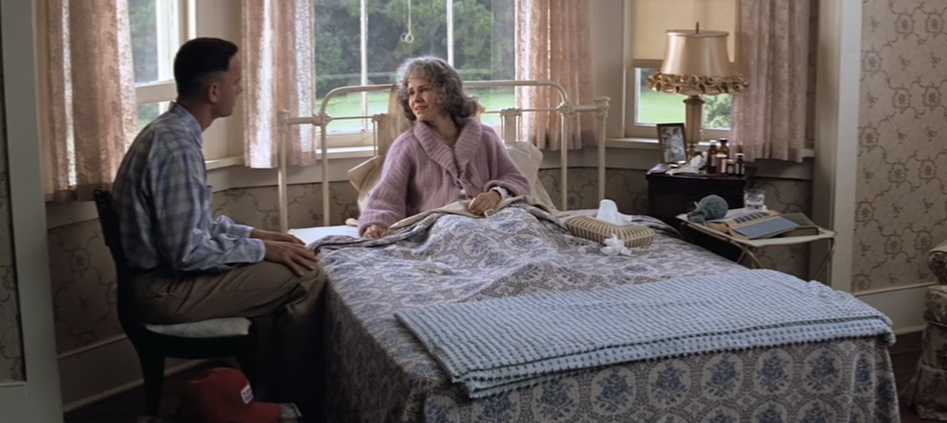
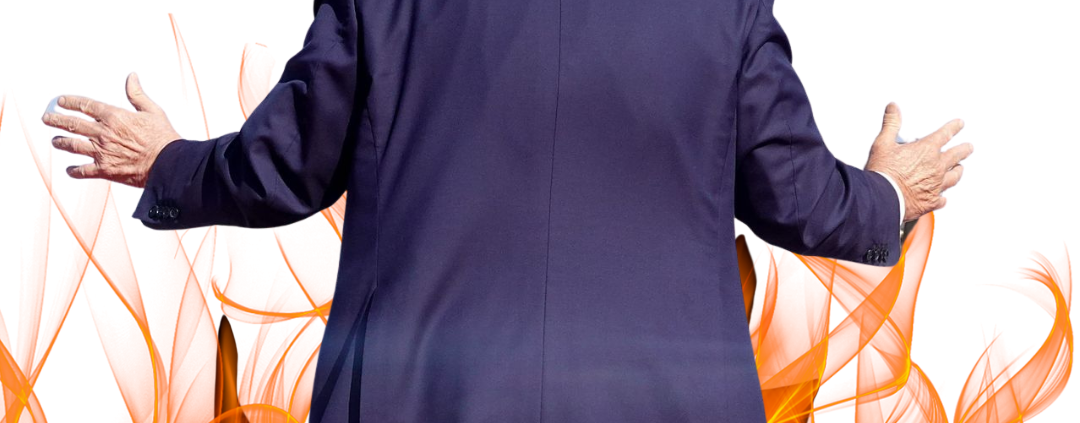
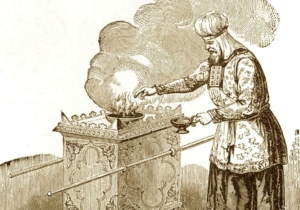 incense. God rejected their sacrifices, and the earth consumed the rebels. The biblical story ended with justice and an affirmation of God’s chosen legacy.
incense. God rejected their sacrifices, and the earth consumed the rebels. The biblical story ended with justice and an affirmation of God’s chosen legacy.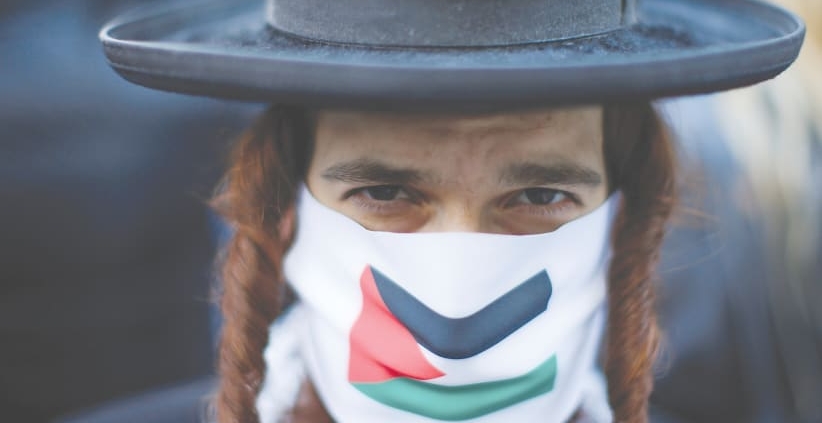
 They support the boycott, divestment, and sanction movement to constrain Israel and joined protests decrying Israel’s actions in Gaza. They wrapped themselves in a cloak of moral superiority. We can debate whether or not Israel as a nation has overly expanded upon the Zionist dream. But the anti-Zionists ignore the other moral values that speak to security and survival.
They support the boycott, divestment, and sanction movement to constrain Israel and joined protests decrying Israel’s actions in Gaza. They wrapped themselves in a cloak of moral superiority. We can debate whether or not Israel as a nation has overly expanded upon the Zionist dream. But the anti-Zionists ignore the other moral values that speak to security and survival.

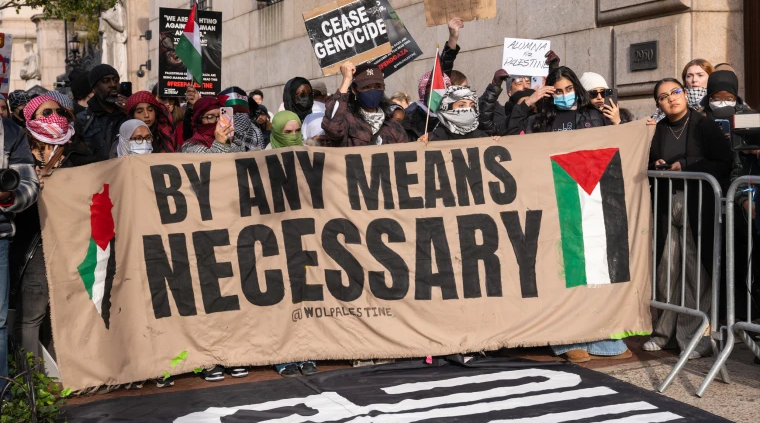




 Evan J. Krame was ordained as a rabbi by the
Evan J. Krame was ordained as a rabbi by the